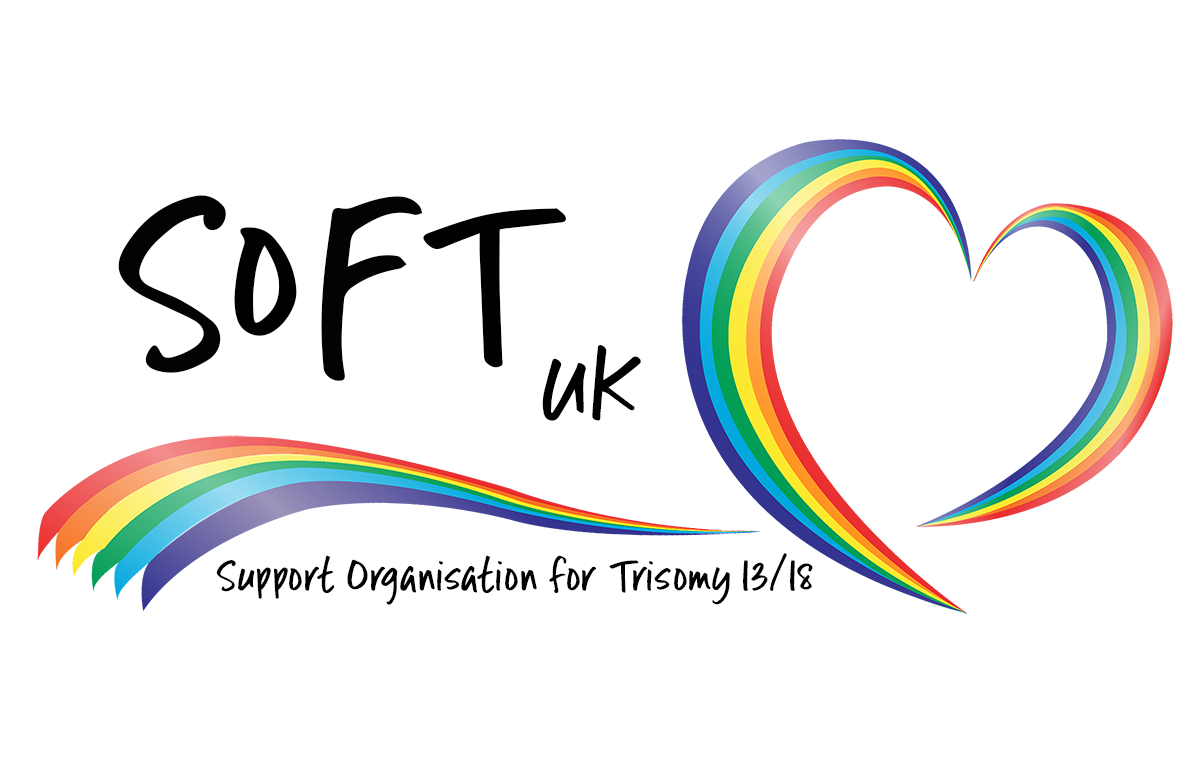Navigating Pregnancy After the Loss of a Baby with Trisomy 13 or Trisomy 18: A Guide for Families
The loss of a baby is one of the most profound heartbreaks a family can endure. When that loss is due to a diagnosis of Trisomy 13 or Trisomy 18—genetic conditions associated with severe developmental and physical challenges—the grief is compounded by the complexity and rarity of the condition. For families who have experienced this type of loss, the decision to pursue another pregnancy can be fraught with emotional and psychological challenges.
Understanding Trisomy 13 and Trisomy 18
Trisomy 13 (Patau syndrome) and Trisomy 18 (Edwards syndrome) are rare chromosomal conditions that result from an extra copy of chromosome 13 or 18, respectively. The diagnosis is typically made during pregnancy or shortly after birth, and for many families, it leads to incredibly difficult decisions about care and treatment.
The Emotional Landscape of a Subsequent Pregnancy
Becoming pregnant after the loss of a baby with Trisomy 13 or Trisomy 18 is an emotionally complex experience. Families may experience a mix of hope, fear, and anxiety as they navigate this new chapter. Some common emotions include:
Hope and Joy: The anticipation of welcoming a new life brings hope and joy.
Fear and Anxiety: Families often worry about the possibility of another chromosomal abnormality or other complications. The fear of reliving a similar experience can be overwhelming.
Guilt and Grief: Feelings of guilt may arise—either from moving forward or from feeling joy during the pregnancy. The grief for the baby who was lost may also blend with the new emotions of the current pregnancy.
Uncertainty and Cautious Optimism: Families may find themselves cautiously optimistic, balancing hope for a healthy baby with the reality of their past experience. This can lead to a sense of emotional ambivalence throughout the pregnancy.
Seeking Medical Guidance and Support
After the loss of a baby with Trisomy 13 or Trisomy 18, it’s essential to seek comprehensive medical care and genetic counseling when considering or entering into another pregnancy. Here’s what families should consider:
Genetic Counseling: Before or early in a new pregnancy, genetic counseling can provide valuable information. Counselors can discuss the likelihood of recurrence, explain potential testing options, and help families understand their reproductive choices. They can also offer support and resources tailored to the family’s specific situation.
Prenatal Testing Options: Prenatal testing, including non-invasive prenatal testing (NIPT), chorionic villus sampling (CVS), and amniocentesis, can provide early information about the health of the baby. While these tests can’t eliminate all uncertainties, they can help families make more informed decisions about their pregnancy.
Specialized Care: High-risk pregnancy specialists or maternal-fetal medicine doctors can offer additional monitoring and care throughout the pregnancy. They can provide detailed ultrasounds and other assessments to closely monitor the baby's development.
Emotional and Psychological Support
The emotional toll of a subsequent pregnancy after loss can be significant. Families should not hesitate to seek support from mental health professionals, support groups, and trusted loved ones. Here are some avenues of support:
Therapy and Counseling: Individual therapy or couples counseling can be invaluable. A therapist can help process grief, manage anxiety, and navigate the complex emotions that arise during the pregnancy.
Support Groups: Connecting with other families who have experienced a similar loss can provide comfort and a sense of community. Many find it helpful to share their experiences and hear from others who understand their unique challenges.
Open Communication: It’s important for partners and family members to communicate openly about their feelings, fears, and hopes. This can help maintain strong, supportive relationships during the pregnancy.
Honoring the Memory of the Baby Who Was Lost
As families embark on a new pregnancy, it’s natural to continue grieving for the baby who was lost. Honoring their memory while embracing the new pregnancy is a delicate balance, but it can be done in meaningful ways:
Creating Rituals: Some families find comfort in creating rituals or keepsakes that honor the baby who was lost. This might include lighting a candle, keeping a memory box, or celebrating their life in a way that feels right for the family.
Incorporating Their Memory: Incorporating the baby’s memory into the new pregnancy or the life of the new baby can be healing. This might involve choosing a middle name in honor of the lost child, or simply sharing their story as part of the family’s history.
Allowing Space for Both Joy and Grief: It’s important to recognize that it’s possible to experience both joy and grief simultaneously. Allowing space for both emotions can help families navigate the complexities of the new pregnancy.
Conclusion
Pregnancy after the loss of a baby with Trisomy 13 or Trisomy 18 is a journey filled with hope, fear, and a deep emotional complexity. Families navigating this path need to be gentle with themselves, seeking the medical, emotional, and psychological support necessary to cope with the challenges ahead. By embracing both the memory of the child who was lost and the potential for new life, families can find a way forward, honoring their past while welcoming their future.
